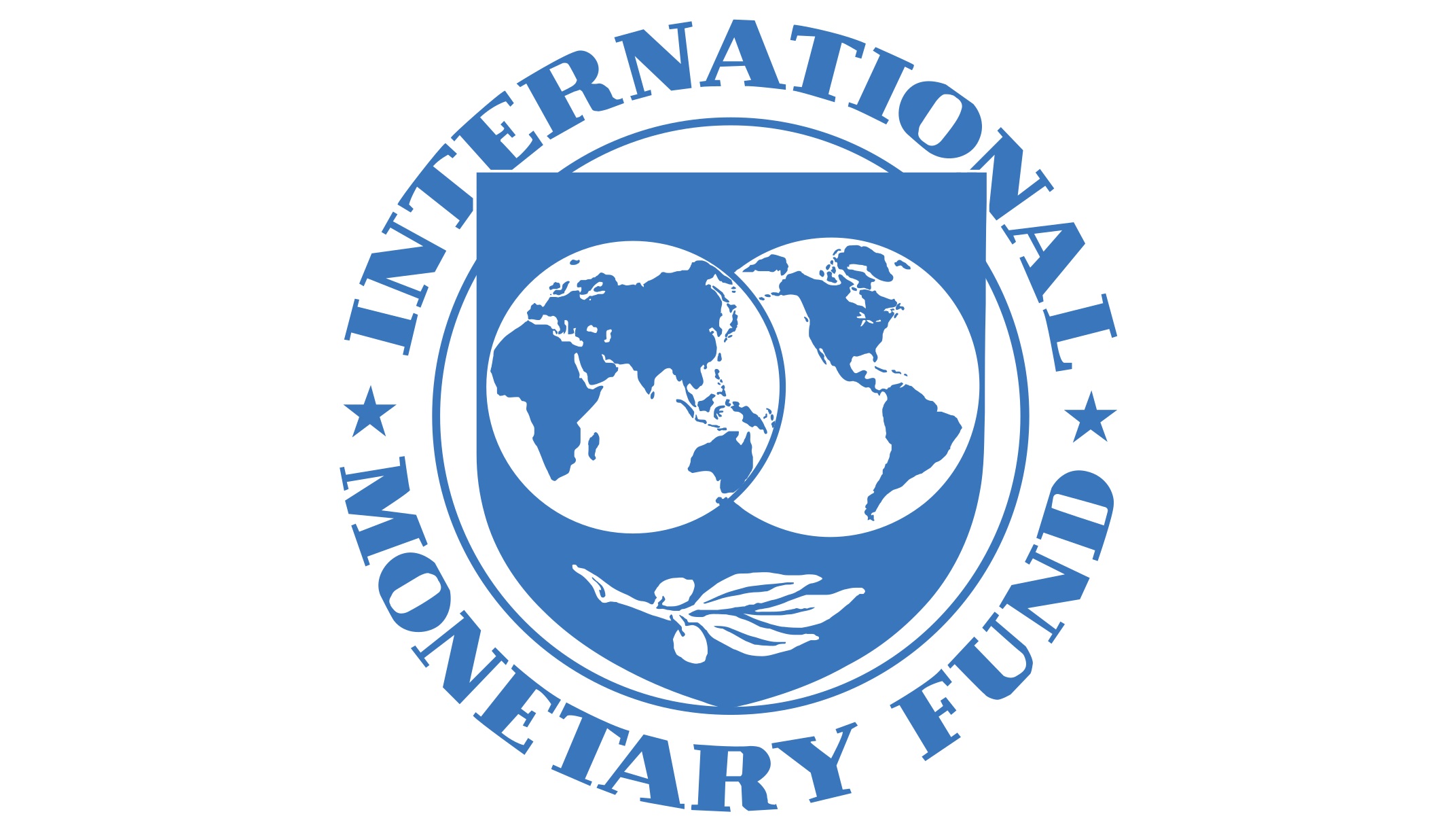Nigerian public commentators generally speak of the World Bank and the International monetary fund (IMF) flippantly and simplistically as “enemies of Nigeria” as if the institutions force policy ideas and loans on Nigerian government officials at gunpoint. That is clearly a lazy and mistaken view. It is true that in the 1980s when these banks wanted to engage with Africa, their primary strategy was to use aid and loan conditions to compel African governments into accepting policies that corresponded with the neoliberal agenda they were promoting. But that era is long gone. In fact, this mistaken but still enduring view is part of the reasons why these institutions have come to be so powerful and effective in our governance space.
The relationship between the World Bank and the IMF on the one hand and Nigeria and Africa on the other is not about love or hate, nor about enemy or friend; it is a relationship of ideas. These two institutions are fundamentally in the business of ideas, and in a contest of ideas with the rest of the world. They are multi-lateral organisations, yes. They are even part of the United Nations (UN), and therefore nominally owned by its member nations. They are also banks, yes, although in the way most banks you know are not.
Most importantly, both are research institutions, like universities, on a global scale. They spend a lot of money on generating ideas and spend just as much money to market and sell those ideas to governments and societies like ours. They publish books, research articles, working papers and policy briefs almost every day and then make these freely available to all. They develop research tools and techniques and refine these as they go along. They engage in policy discussions with researchers, academics, think tanks and the media and make sure that their voices and views on almost every economic topic are heard and widely spread. In short, they govern, in the most modern sense of the term.
In the past year alone, for example, it was almost only the World Bank and the IMF in this country that did research to investigate the various impacts of the government’s economic policies. It is they who found that seven million Nigerians would be pushed further into poverty if the government did not take concrete steps to mitigate the effects of the fuel subsidy removal, and it is they who pointed out that the appreciation of the naira a few weeks ago would unlikely reduce inflation because inflation in Nigeria is, among other things, caused by the monopoly practices of a few big players in key markets in the country.
- 7 Nigerian firms among top 20 fastest growing
- United States-Nigeria open skies air transport pact comes into force
Still, the economic ideas they generate, and especially those they sell and market to people like us, are those that reflect only a single, if now dominant, world view. For both the World Bank and the IMF, the market, not the state, is the answer to almost every question of policy and governance in a developing country like ours. Sometimes, they can clearly see the limitations of such a view since it simply cannot be true in every case every time, but are just as often reluctant to admit it or amplify it as much as they do the market determinism they hold. After all, that is precisely how ideologies work.
The challenge, in my view, is for Nigeria to also get serious about generating just as much ideas and data about the management of its own economic affairs, at least to counterbalance what the World Bank and the IMF daily put out there as if they represent the only way of knowing the world.
Therefore, to understand how the World Bank and the IMF have come to have such a powerful hold on our intellectual and policy imagination, and how both are positioned in relation to the Nigerian government, politicians and policy makers, we must first grasp how governments, universities, think tanks and media, individually and collectively, have failed to engage critically with and provide alternative policy ideas to the steady diet of one-size fits all economic narrative that the World Bank and the IMF almost daily stuff down our brains.
The problem is that in Nigeria today, critical engagement with ideas has taken flight from each and every one of those of our institutions. When last did anyone read any serious research paper on the Nigerian economy in a journal or as translated in the news? When last did the National Institute of Economic and Social Research (NESR), a think tank established by the government to generate ideas for managing the economy, have anything to say about the Nigerian economy? The hold the World Bank and the IMF have come to have on our economic policy space is due mainly to the vacuum left by failure of our own institutions who are supposed to be doing the same job of informing and influencing policy.
Let’s consider first, the media. In almost all the leading countries of the world, journalists are educators but in Nigeria they are mostly students, in terms of both the prestige and learning that go with the first, and the naivety and reckless youthfulness that often go with the second. The older, and by far better learned generation of journalists in the country are either mostly dead, retired or retiring, leaving the space for the younger generation that are easily awed, wowed or cowed by simple econometric abstractions from World Bank and IMF officials in fancy suits and gleaming vehicles. The task of critically engaging ideas, which itself is a form of investigative journalism, as the late John Pilger opined, falls by the wayside. Thus, economic ideas that should be scrutinised are romanticised repeatedly until they become gospel.
Still, our journalists are even trying. Our Civil Society Organisations (CSOs) and think tanks, funded mostly by external actors, tend to look, not inwards for ideas, but outwards. Worse than that, the fields of economic history, economic sociology, political economy and political philosophy – the very fields from which a developing country like ours would want to select people to lead national economic policy making – are almost entirely non-existent or exist without much intellectual distinction in Nigerian universities today. But even mainstream economic departments in many universities are stuffed with people whose thinking and approach reflect much the same world view promoted by the World Bank and the IMF.
As the late Zimbabwean economist, Thandika Mkandawire, once remarked, the intellectual dominance of the World Bank and the IMF in Africa manifests best in the new generation of African economists who cannot think beyond the ideas of the World Bank and then IMF, and thus generally see the state as the problem of African economic management.
For Nigeria, the result of all these is the troubling selection of people with often no more than an accounting or banking backgrounds lead key development institutions like the finance ministry or the central bank. It is been a long time since we had a Sam Aluko or a Bala Usman to manage our economy. All of these, for me, are the main reasons why nearly all wisdom about the management of the Nigerian economy flows almost solely from either the World Bank or the IMF.
And it is these that must first be reversed if we are to prevent the consequences of copy and paste policymaking the current government now faces. Ideas matter in government. But the sources of ideas matter even more.

 Join Daily Trust WhatsApp Community For Quick Access To News and Happenings Around You.
Join Daily Trust WhatsApp Community For Quick Access To News and Happenings Around You.
